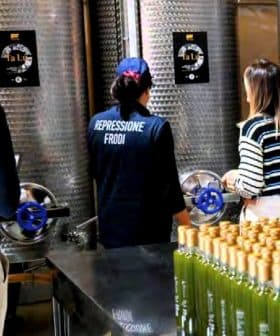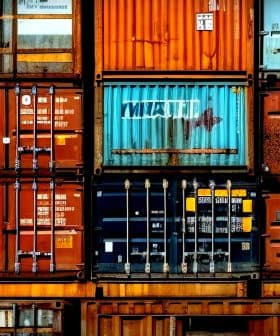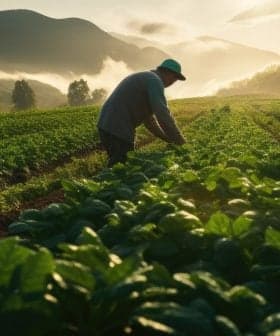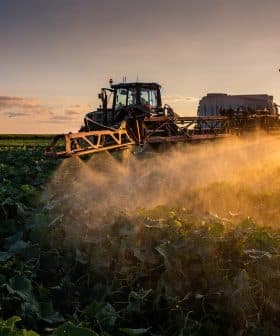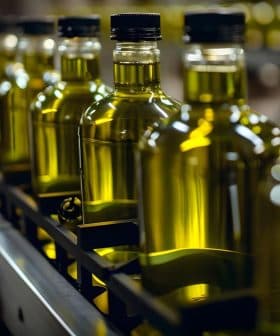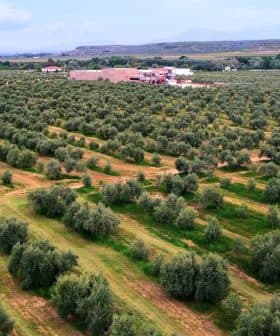Europe Introduces Food Inspection Rules to Tackle Fraud
New rules on food safety and inspection have been adopted by the European Parliament to tackle fraudulent practices in the food industry.
The European Parliament has adopted new rules on food safety and inspection to combat fraudulent practices in the food industry across the EU, introducing tougher controls and improved methods for food traceability. The new rules cover all stages of the agri-food chain, including controls on animal feed, plant health, pesticide use, geographical indication rules, animal welfare, and organic products, with member countries required to apply the new rules by 2020.
The European Parliament has adopted new rules on food safety and inspection which aim to tackle fraudulent practices in the food industry across the EU.
Adopted at the March 15 session, the new measures introduce tougher controls and food safety inspections, as well as improved methods for food traceability.
I trust that really deterrent penalties will be a key tool to combat fraud in every area.
Covering all stages of the agri-food chain, the rules will replace an earlier regulation on official controls that dates back to 2004. The new regulation has extended the scope to include controls on animal feed, plant health, pesticide use, geographical indication rules, animal welfare, and organic products. These rules are part of a framework to be adopted by all EU member countries and will enter into force by the end of this month, with member countries required to apply the new rules by 2020.
In a European Parliament press release, Karin Kadenbach, the Austrian MEP (Member of European Parliament) responsible for the drafting of the legislative proposal, revealed why the existing rules needed to be revised: “After the horse meat scandal, consumers had serious questions about the traceability of food, and the integrity of the meat supply chain,” she explained. “The European Parliament strove to address these concerns and to end up with a text that allows competent authorities to effectively combat fraudulent practices.”
The methods used for sampling, analysis, testing, and diagnosis are also clarified under the new regulation, as well common rules for import controls of animals, and animal and plant products at EU borders.
In addition to Europe’s horse meat scandal of 2013, there have been several cases of olive oil fraud uncovered in recent years in Italy, Spain, France, and Portugal. These have included fraudulent activities where low-quality olive pomace oils have been sold and exported as extra virgin olive oil, or olives sourced from another country were processed and sold as indigenous olive oil.
The new EU rules just voted in also include provisions allowing authorities to react faster in crisis situations, impose stricter enforcement measures with stiff penalties for fraudulent activities or deceptive practices, and call for more controls in all sectors.
The regulation also introduces the requirement for procedures for receiving information about infringements, as well as protection for whistle-blowers.
“I am also proud that Parliament managed to have the chapter on enforcement strengthened, in particular regarding the penalties to be applied in the event of intentional violations of the rules,” added Kadenbach. “I trust that really deterrent penalties will be a key tool to combat fraud in every area.”
The aim of the newly adopted rules is not only to prevent fraud in the EU food industry but also to restore consumer confidence in the safety and authenticity of the EU’s food products.


